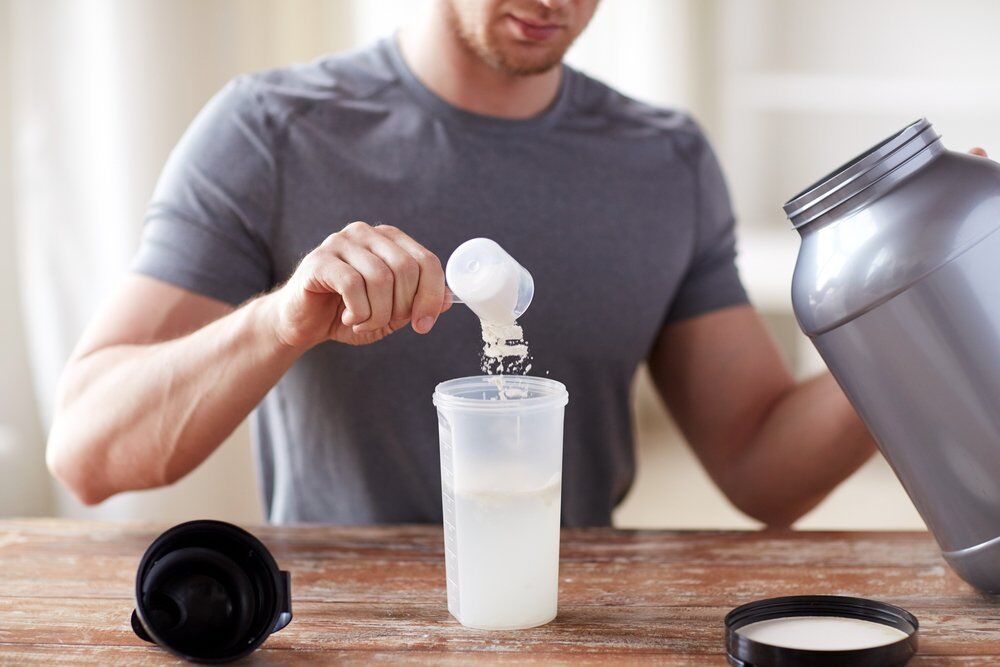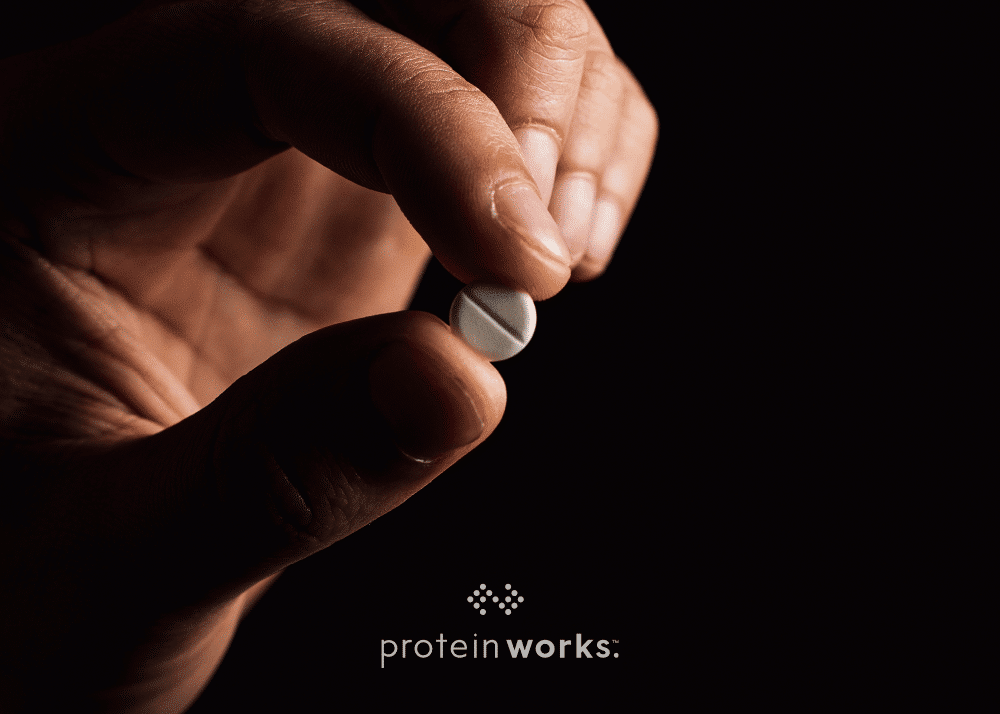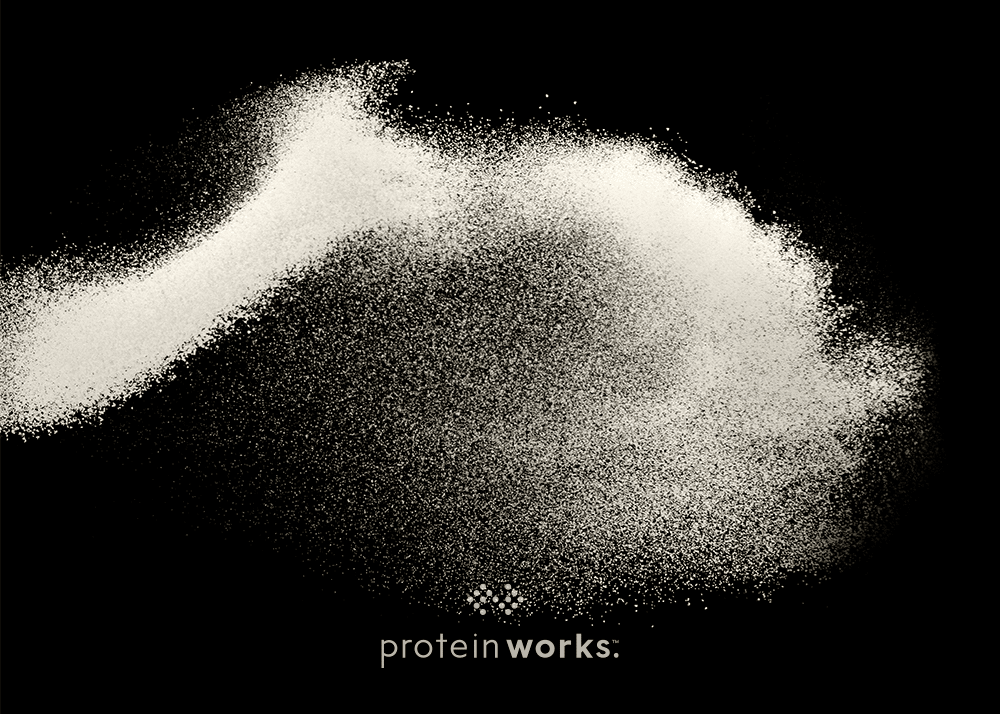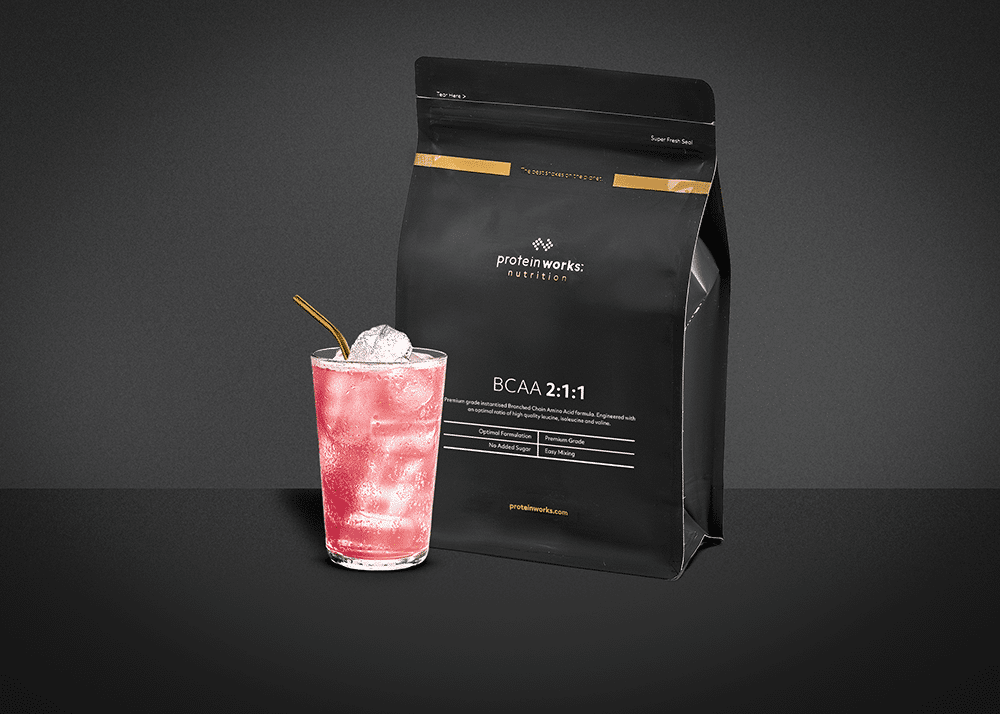
Know Your Protein Powders
Let’s face it, building muscle is not easy, and to be perfectly honest, that is putting things incredibly mildly indeed. Building muscle is a complex process that requires hard work, dedication, motivation, self discipline, and perhaps most important of all – Knowledge. Without these attributes, your efforts in the gym will be futile, for the most part at least.
In order to build muscle, and hopefully burn off a little excess fat along the way, two basic but crucial fundamentals that you simply cannot ignore, are: diet, and, exercise. Put simply, you not only need to lift weights and put the effort in when working out, but you also need to ensure that you’re following a healthy and balanced diet, preferably one which is rich in protein. Depending on who you talk to, experts recommend a daily intake of anything from 1 – 2g of protein for every pound that you weigh. So, for example, if you weighed 200 pounds, your recommended protein intake should be between 200 and 400g per day. Most people like to split the difference, as it were, and do things right down the middle, aiming for 1.5g of protein per pound of bodyweight. So, our 200lb individual, would be aiming for 300g of protein per day, and that is a lot of food, and a lot of money to be spending on food. What can he, or she, do about this? Simple, they can do what millions of other people all across the globe are doing, and can use a protein supplement. Here’s a more detailed look at protein powder supplements so you can decide which, if any, protein is right for you.
Why is Protein So Important?
Protein is one of three macronutrients – with the other two being: fat and carbohydrates – that is absolutely essential for the growth and repair of muscle tissue. Not only is protein vital for muscle growth and repair, it is also crucial for cellular health and function. Protein is comprised of amino acids, which are basically the building blocks of your muscles. Without these amino acids, and by default, without protein, it would be virtually impossible for our bodies to grow and repair muscle tissue. Protein molecules are actually comprised of nitrogen, hydrogen, carbon, and oxygen. It is the nitrogen found in protein in particular, that is considered to be so important, as sufficient amounts of protein will place the body into an anabolic state, in which it is in a positive nitrogen balance.
On the complete opposite side of the spectrum, if placed in a negative nitrogen balance, the body enters a catabolic state, in which the body actually gets its energy by breaking down and feeding on those muscles that you worked so incredibly hard to build. As mentioned, getting enough protein per day to keep you in an anabolic state however, is not easy, which is where protein supplements really prove their worth.
Popular Protein Supplements?
There are now dozens upon dozens of different protein supplements on the market, so it can be easy to find yourself becoming overwhelmed when trying to decide which supplement could be right for you. To help make life a little easier, take a look at the following examples of common and popular protein powder supplements:
Whey Protein Concentrate – Whey protein concentrate is actually the most popular sports supplement in the world, and it has been for many decades now. Whey protein is derived from cow’s milk and is actually a by-product left behind when milk turns into cheese. It is a rapid absorbing protein and is ideal for people looking to quickly fuel their muscles. During the process of milk separating into cheese, the milk separates into solids – the curds, and a liquid – the whey. This whey liquid is, not surprisingly, where the whey proteinis derived from. This liquid is then processed and filtered until it becomes a powder. It is then combined with various flavours, and often other nutrients, until it is ready to be packaged, labelled, and shipped. Whey protein concentrate is generally around 70 – 85% pure protein, with the remaining 15 – 30% being made up primarily of carbohydrates and fats.
Whey Protein Isolate – Whey protein isolate is exactly the same as whey concentrate, other than the fact that it undergoes additional filtration and processing, to remove more non-protein impurities. Whereas whey concentrate provides 70 – 85% pure protein per serving, whey isolate is generally around 90 – 95% pure protein. This basically means that you get more protein per serving, and because of this, whey isolate is generally a little more expensive.
Micellar Casein Protein – Next up we have micellar casein protein. MCP is another protein that is derived from cow’s milk, yet it is very different to whey protein. Whey is a fast-release, rapid absorbing protein, whereas MCP is a slow-release, slow digesting protein. The primary protein component of milk is actually made up of tiny globules known as micelles. In liquid, these micelles are insoluble and take a much longer amount of time to digest than other proteins. Because of this, MCP is ideal for consumption right before bed, as the slow release of protein into your body, can keep you in a constant anabolic state whilst you sleep. MCP is achieved when casein is separated from lactose, whey, and fat in the milk. This is achieved via microfiltration, in which ceramic filters will remove the large fat globules at very low temperatures, so the protein isn’t denatured (damaged). MCP is an incredibly slow-digesting protein, making it ideal for use right before bed.
Plant-based proteins – Non-Dairy Protein Powders – Not all people can consume protein that has been derived from milk, as some people may suffer from food allergies and intolerances such as Lactose Intolerance, whereas others may not consume it for ethical reasons, Vegans, for example. In these instances, an alternative will need to be found, and that alternative comes in the form of plant-based proteins. Soy protein powder for example, is very popular amongst vegans and non-dairy consumers and it is actually considered a complete protein source. This means that it contains all nine essential amino acids that the body is not able to synthesize by itself. Another popular plant-based protein is hemp protein. Hemp protein is derived from hemp seeds which are cold pressed in order for their natural oils to be extracted. Next, the hemp meal, which has now been pressed, undergoes a cold milling process to extract the protein. This protein is around 50% pure protein, and is rich in BCAAs (Branch Chain Amino Acids), as well as EFAs (Essential Fatty Acids. Hemp protein contains more fat and fibre than other proteins, which slow the digestion and absorption rates down, making it a great alternative to casein protein.





No Comments yet!